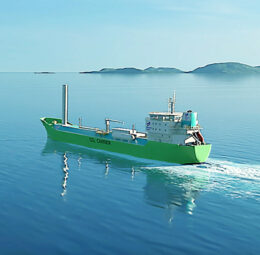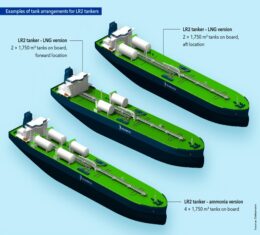Use of Biofuels in Shipping
The use of biofuels or biofuel blends is one of many ways to comply with the IMO’s strategy on the reduction of GHG emissions from ships, and DNV has seen an increasing interest in these new fuels. This news aims to clarify the regulatory status and other considerations on the usage of such fuels. DNV has received many requests regarding…



